Description
Beta-alanine
Beta-alanine comes in the form of odorless, white granules. It is soluble in water. The most important function of beta-alanine is to stimulate the production of carnosine in the muscles, helping to counteract the formation of lactic acid responsible for post-workout pain. It also reduces the feeling of fatigue and muscle soreness after physical exercise. Carnosine is an antioxidant and can help excrete excess metals from the human body.
| Physical Characteristics | Value |
|---|---|
| Contents | 98 – 100% |
| Melting point | 200 – 205°C at 760 mm Hg |
| Boiling point | 237 – 238°C at 760 mm Hg |
| pH | 7 |
| Steam pressure | 0.0156 mm/Hg at 25°C |
| Flash point | > 230°F TCC |
| LogP (o/w) | -0.86 |
The shelf life of beta-alanine is 2 years. The product should be stored in a dry, cool place.
Beta-alanine is mainly used as a dietary supplement offered to athletes specializing in demanding high-intensity physical activities. Beta-alanine supplementation is recommended when there is insufficient natural production or when dietary intake is too low.
Beta-alanine is also useful in pharmaceuticals, because it contributes to the formation of carnosine, which belongs to the group of neurotransmitters and neuromodulators. They enable the proper functioning of the nervous system. Studies have shown that beta-alanine has a positive effect on improving cognitive abilities and reducing stress in people. Carnosine can also help in the treatment of dementia or Alzheimer’s disease.


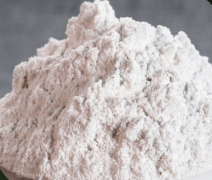


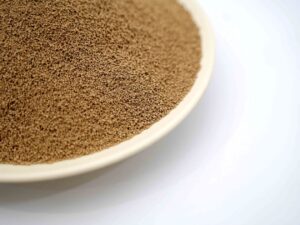
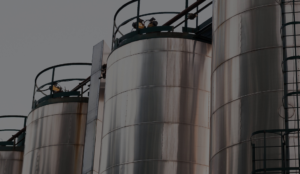





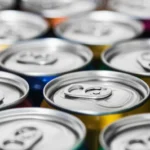
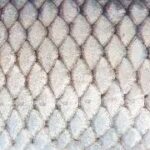

Reviews
There are no reviews yet.